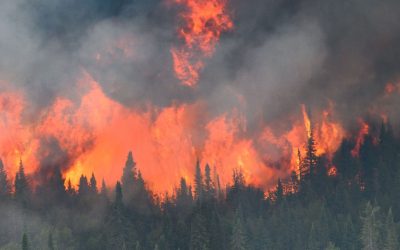China’s problem with air pollution is well known.
This recent news story highlights how the normally opaque Chinese government has become increasingly open about smog problems.
Beijing residents and environmentalists, apparently, are using this openness to promote Western-style emissions limits on vehicles.
This paragraph is of interest: “A growing Chinese middle class has become increasingly vocal about the quality of the environment, and the public demands for more air quality information were prompted in part by a Twitter feed from the US Embassy that gave hourly PM2.5 readings from the building’s roof. The Chinese government now issues hourly air quality updates online for more than 70 cities.”
Air pollution, it reads, was due to the rapid industrialization of the country and expanding vehicle ownership. But, if the account is accurate, it is the main beneficiaries of that expanding economy that are now demanding change to protect the environment.
Sociological post-materialism holds that once individuals in societies have their immediate material needs taken care of (home, food, and job) they move on to demand other less survival-oriented changes, such as environmental improvement.
Some theorists contest this notion (including drawing upon empirical studies that show poor people are also concerned about the environment), but it seems to hold true that growing middle classes are the group in society capable of affording to lobby and push for political change more effectively and professionally.
That means getting active on the environment is part of increased growth and modernization. One hopes, however, that growing middle classes in China avoid developing post-post materialist environmental groups that emphasize regulation and fiat and reversing economic growth, as they do here in the West.
Environmentalism here became bored with run-of-the-mill environmental improvements and many began to and continue to toy with Luddite-style Deep Ecology movements where no development is ever acceptable.
One hopes China and other developing economies can avoid that stage as they develop internally.


